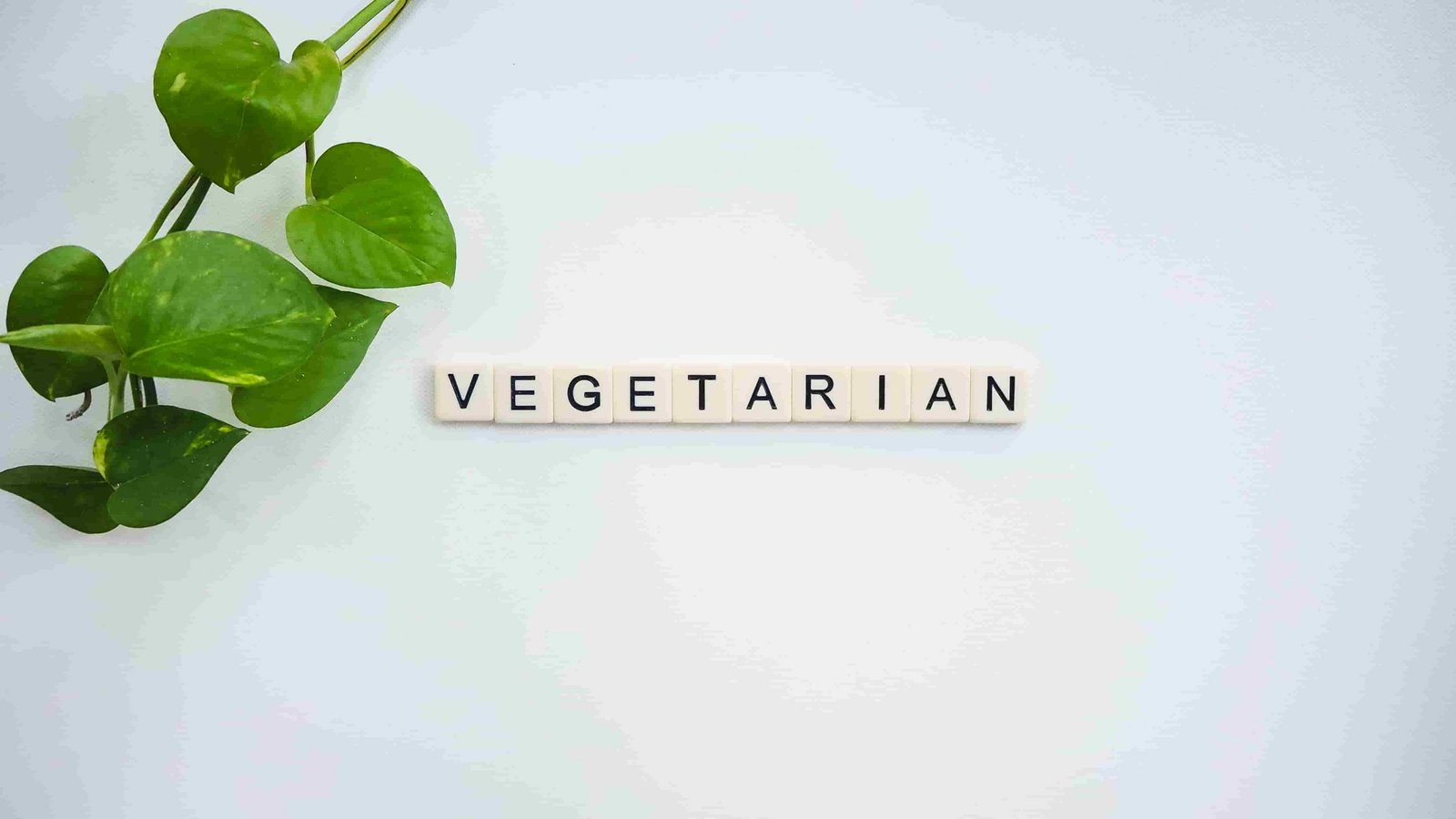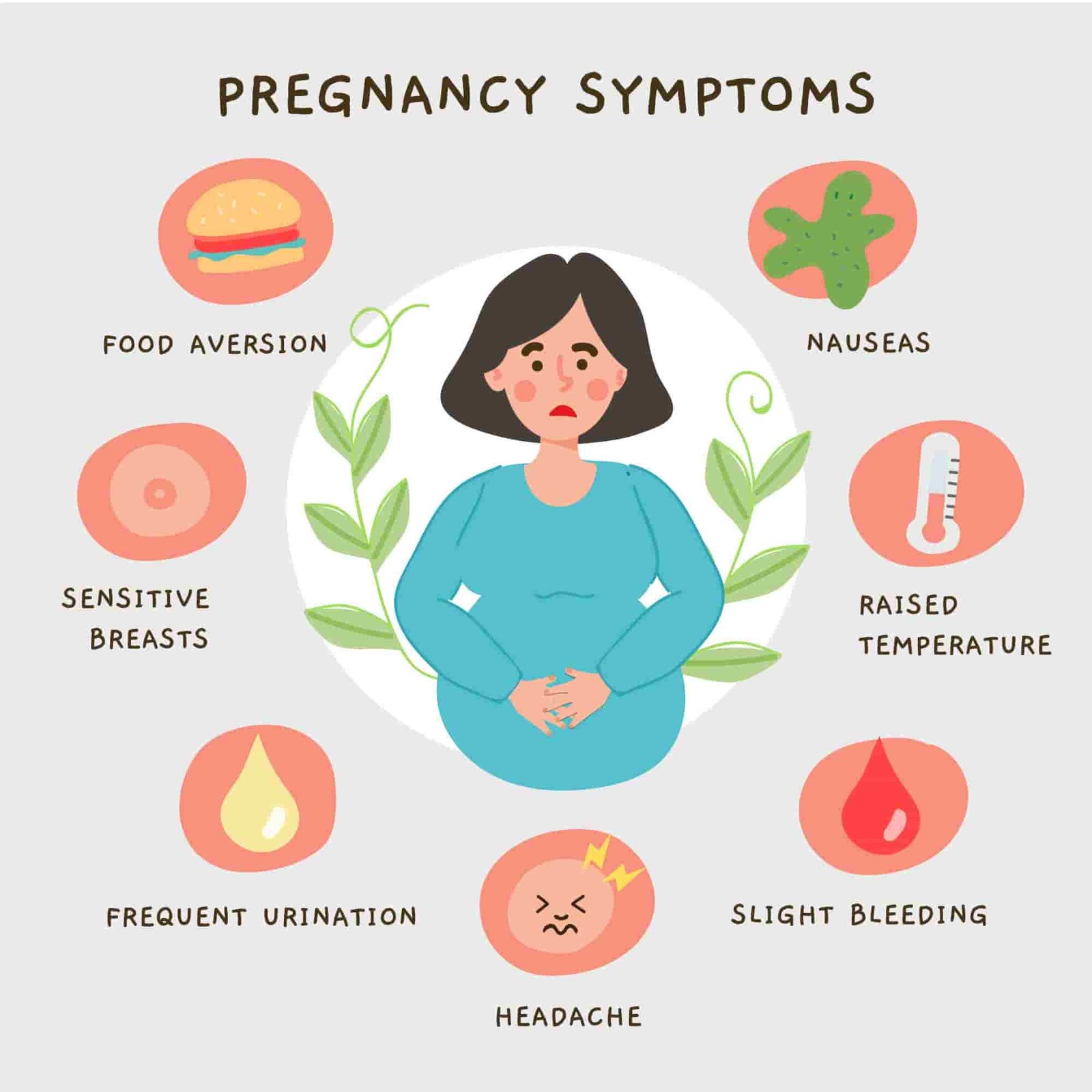Understanding Vegetarian
Vegetarian isn’t just a diet; it’s a lifestyle that millions across the globe adhere to. It’s a path that numerous individuals follow for ethical, environmental, or health reasons. But what does it mean, and where did it come from?
The Origin of Vegetarian
Vegetarian roots can be traced back to ancient civilizations in India and Greece. The philosophy behind vegetarianism was deeply embedded in these societies’ religious and moral frameworks. Fast forward to the present, and this diet choice has evolved and spread worldwide, resonating with people’s various beliefs and health consciousness.
Different Types of Vegetarian Diets
When we talk about vegetarians, it’s not a one-size-fits-all term. Let’s look at the different types.
Lacto-ovo-vegetarian
This is the most common type of vegetarian diet. Individuals following this dietary pattern consume dairy products and eggs but avoid all types of meat and fish.
Lacto-vegetarian
A lacto-vegetarian diet includes dairy products but excludes eggs, meat, and fish.
Ovo-vegetarian
An ovo-vegetarianism diet includes eggs but excludes dairy products, meat, and fish.
Vegan
Vegans exclude all animal-derived products from their diet, including dairy, eggs, and even honey.
Benefits of a Vegetarian Diet
Adopting a vegetarian lifestyle offers several advantages. Have you ever wondered why your vegetarian friends are always so keen to share their food philosophy with you?
Health Benefits
Reducing Risk of Heart Disease
A well-balanced vegetarian diet is low in saturated fats and cholesterol, contributing to a healthier heart and reducing the risk of cardiovascular disease.
Lowering Cancer Risks
Certain cancers like colon and breast cancer have been linked to meat consumption. By adopting a vegetarian diet, you may lower your risk.
Better Digestive Health
Vegetarian diets are often rich in fiber, leading to better digestive health and a reduced risk of constipation and diverticular disease.
Environmental Benefits
Reducing Greenhouse Gases
Animal agriculture is a significant contributor to greenhouse gas emissions. By choosing a vegetarianism diet, you are effectively reducing your carbon footprint.
Conserving Water
It takes a significant amount of water to raise livestock. A shift towards a plant-based diet means less water usage, contributing to water conservation.
Challenges of a Vegetarian Diet
Despite its numerous benefits, a vegetarian diet also has its challenges. The most prominent among these are potential nutritional deficiencies.
Nutritional Deficiencies
Vitamin B12
This essential vitamin is naturally present in animal products but not in plants. Vegetarians need to ensure they get enough of this nutrient from fortified foods or supplements.
Iron
While plants do provide iron, it’s in a form that’s less easily absorbed by the body. Consuming vitamin C-rich foods can help enhance iron absorption.
Transitioning to a Vegetarian Diet
If you’re thinking about going vegetarian, here are a few tips to make the transition smoother.
Gradual Shift
Don’t feel pressured to change your diet overnight. Start by cutting out one type of meat at a time, or designate a few days a week as meat-free days.
Incorporating Variety
Ensure your diet includes a variety of fruits, vegetables, whole grains, legumes, nuts, and seeds to provide all the necessary nutrients.
Consulting a Nutritionist
It’s advisable to consult a registered nutritionist or dietitian when making significant dietary changes. They can provide personalized advice based on your individual needs.
Vegetarian Recipes to Get You Started
Here are some delicious vegetarianism meals to inspire your new dietary journey.
Breakfast
How about a bowl of oatmeal with mixed berries and chia seeds?
Lunch
Try a hearty lentil soup or a chickpea salad.
Dinner
A vegetable stir-fry or a quinoa-stuffed bell pepper would make a delicious and satisfying meal.
Conclusion
Adopting a vegetarian lifestyle can be a rewarding experience, offering numerous health and environmental benefits. However, it’s important to plan your diet carefully to meet all your nutritional needs. With a bit of creativity, you can enjoy a diverse range of meals that are both tasty and nourishing.
FAQs
- Is a vegetarianism diet healthy?
Yes, a well-planned vegetarianism diet can be very healthy and provide all the necessary nutrients. - Can I get enough protein on a vegetarianism diet?
Absolutely! Foods like legumes, nuts, seeds, tofu, and tempeh are excellent sources of protein. - What is the difference between a vegetarianism and a vegan?
Vegetarians avoid meat, while vegans avoid all animal-derived products, including dairy, eggs, and honey. - Do vegetarians eat fish?
No, vegetarians do not eat fish. Those who do are often referred to as pescatarians. - How can I get started on a vegetarianism diet?
Start slowly by eliminating one type of meat at a time, incorporate a variety of plant-based foods, and consider seeking advice from a nutritionist.








